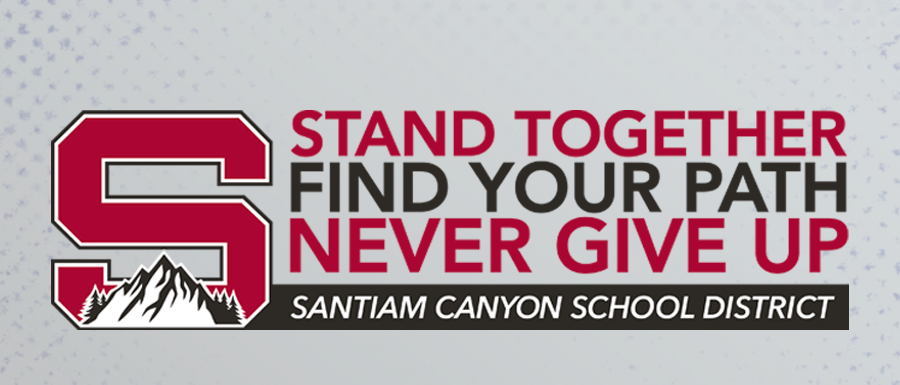Rethinking Priorities: 6 Ways to Focus on What’s Important

Aiming for perfection is what causes people to stay stuck. Instead, implement strategies that will incrementally move you in the right direction but don’t require much effort.
– Alice Boyes

INTRO
Being a school leader means dealing with 100 urgent fires every day. It’s so easy to get distracted from the really important work that results in meaningful lasting impact. Here are six strategies that can help you keep the most critical initiatives moving forward no matter what else is going on.
OBJECTIVES
- Reflect on your priorities: are you doing what’s important or just getting stuff done?
- Begin brainstorming how you can create an environment of collective genius at your school/district
6 Ways to Focus on What’s Important
Schedule Important Tasks, and Give Yourself Way More Time Than You’ll Need
A very important and long-avoided task may be the only one you work on for an entire day. And that’s OK!
Unfamiliar but important tasks require learning as you go, so you need to schedule more time for them — maybe even a whole day — that may seem excessive, but it may be necessary.
Schedule time for personal care every week. You can use this time for appointments, tending to medical needs, or general self-care.
Isolate the Most Impactful Elements of Important Tasks
Big tasks usually require making progress toward the final goal. We talk about needing to chunk tasks for students, but we’re quick to dismiss this need for ourselves.
Think of your end goal for the task.
Now consider completing about half. The most important half.
Still not feeling doable? Chunk it out some more. Stick to the highest priority pieces.
Once you start, you can always keep going.
Anticipate and Manage Feelings of Anxiety
Working on important things often evokes uncomfortable emotions. Go into the work prepared for this.
Acknowledge and label the emotions that make an experience challenging. Recognize that these feelings are natural and that you’re ready to face them.
Plus, you can probably also anticipate the positive emotions you’ll feel after completing your task/achieving your goal.
Spend Less Time on Unimportant Tasks
Avoid turning tasks into bigger tasks: provide yourself with limits ahead of time (for example, you might limit yourself to 3 positive and 2 constructive pieces of feedback per teacher observation rather than writing down every detail, or you set a timer and stop your writing/task when it goes off).
Also, depending on what it is, sometimes faster decisions are better than time-consuming “perfect” ones.
Prioritize Tasks That Will Reduce Your Number of Urgent but Unimportant Tasks
You want to avoid fixing the same problems over and over or giving the same instructions repeatedly.
Try instead: outsource/delegate, automate, batch small tasks, eliminate tasks, streamline your workflow, or create templates for recurring tasks
You may need to invest a little extra time to set up systems that will save you time in the future, but this is an important priority that your future self will thank you for.
Pay Attention to What Helps You See (and Track) the Big Picture
Take more breaks.
Catch up with colleagues you only see every few months or so. Catching up can help you see your progress and where you have left to go.
Track your time use.
REFLECTION
- Which (if any, or in any way) of the 6 methods described from the article do you already implement at least semi-regularly?
- Do you notice a difference when you apply them vs when you don’t? What? How? Why?
- Which of the 6 methods described from the article do you struggle with the most?
- Choose the method you think will have the most positive impact on you. Create a plan (schedule) to apply it over the next month. Stick to it. Reflect at the end.
- Add another method. Repeat.
TIPS
- From the author: “If you’re struggling with prioritizing the important over the urgent, don’t be too hard on yourself. . . I’ve written entire books on how to focus on the big picture and stop self-sabotaging, and I still find it difficult. I consider success as taking my own advice at least 50% of the time! This is a reasonable rule of thumb that you might adopt, too.”
- Seek help. You’ve probably surrounded yourself with at least a few people who are great at time management and prioritization. Ask for their guidance and advice.






Responses